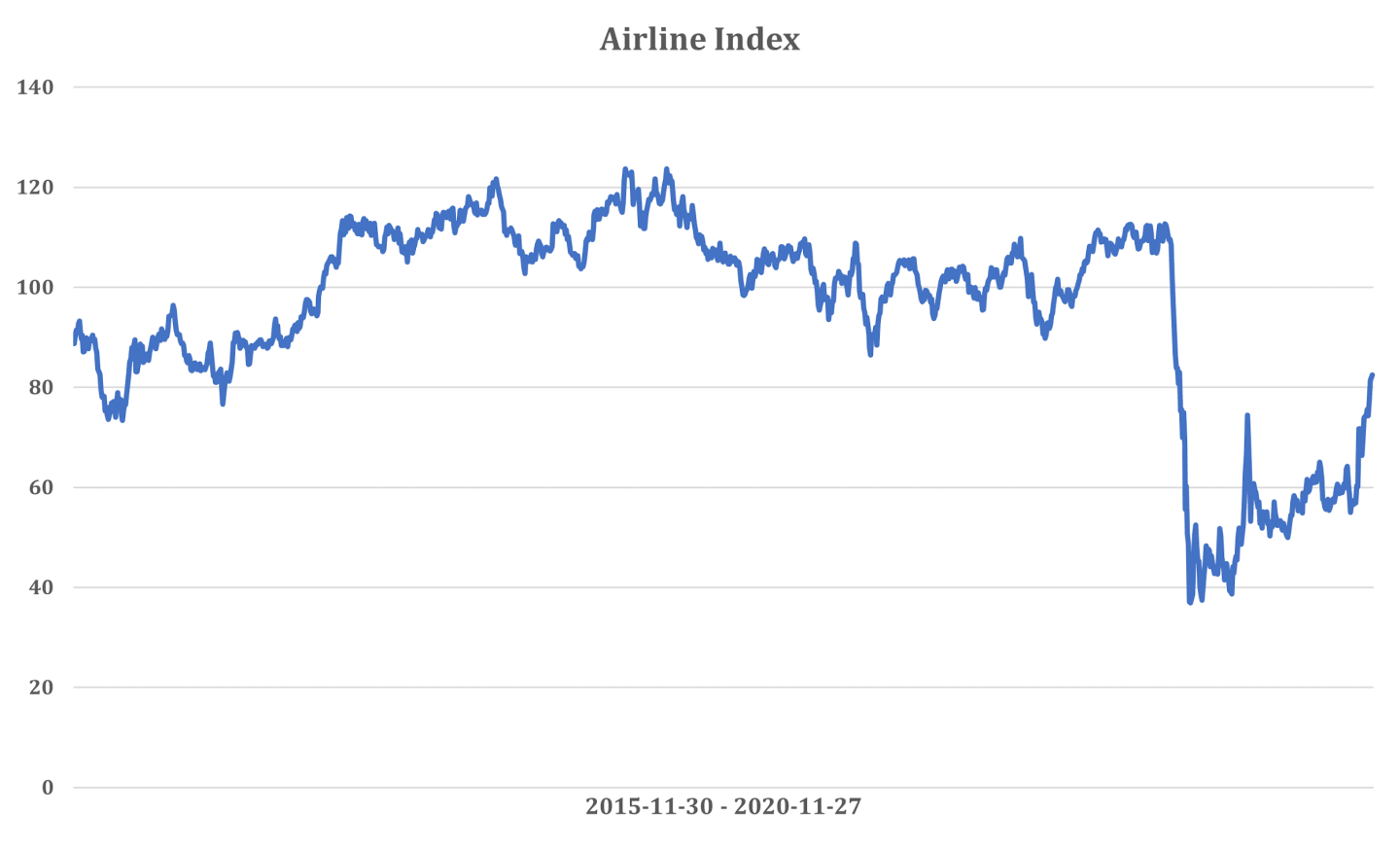Cash is Trash


In late January, Ray Dalio said in an interview with CNBC that he does not recommend investors to be on the sidelines in 2020, that the risk of a recession was small and that those currently holding larger cash positions would consider investing in higher-risk assets.
Early in the pandemic this spring, Ray Dalio made a statement that in the short term would prove to have poor timing, but which later played out exactly as the manager predicted already in January.
In late January, Ray Dalio said in an interview with CNBC that he does not recommend investors to be on the sidelines in 2020, that the risk of a recession was small and that those currently holding larger cash positions would consider investing in higher-risk assets. The "cash is trash" statement was mocked, when a month later we witnessed a total sell-off in all asset classes just to see how the US dollar strengthened against everything else.
After that, everything turned around and Dalio has got more than right in that this year it was not time to stand outside the market. Admittedly, there was a recession, and the Fed had more will than Dalio thought was possible in terms of how much money was printed to keep asset prices up. Since the bottom in March, the S&P500 has risen above 60% and the technology-heavy Nasdaq has risen more than 75% during the same period.
Fundamentally, it looks shaky for the economy, but it was a long time ago that there was any connection between the actual economy and asset prices. Instead, investors are fleeing into everything that currently looks less expensive than anything else to avoid seeing their money devalued in fiat currencies. One such example has recently been airlines, which after positive vaccine news got a boost after being pressured throughout the year. The problem, however, is that positive vaccine studies do not mean that the airplanes are fully booked tomorrow. They are still bleeding money, countries are still shut down and expecting the airplanes to be full in the near future is, to say the least, optimistic.

Source: Airline Index, www.nasdaq.com
Note: Past performance is no reliable indicator of future results.
A major reason for the inflow of capital to airlines, however, seems to be that investors must find some way to get a return on their money after the stock market's previous sharp rise. Bonds are excluded in today's low-interest rate environment and the alternative cost, which Dalio mentioned earlier this year, of being outside the market is too great. In other words, investors are looking for companies with pressured share prices where there is at least some hope for the future.
Another factor that suggests that airlines may in fact have already seen their bottom in terms of price is that it seems incredible that larger owners would allow them to go bankrupt. Even though 99% of the airplanes are on the ground, the majority of staff have been laid off and it is still uncertain when or to what extent the traffic will resume, it seems reasonable to believe that they will still survive. News in which owners in the form of a state lease out an airline causes the price to rise a few centimeters higher than the plane, and the probability that they would let them go bankrupt is now small. Despite Norway recently deciding to give Norwegian more money, other strong owners went in instead and supported the fleet.
Airlines may not be a fundamentally strong case right now, but they do not seem to be dying either.
Risici
This information is in the sole responsibility of the guest author and does not necessarily represent the opinion of Bank Vontobel Europe AG or any other company of the Vontobel Group. The further development of the index or a company as well as its share price depends on a large number of company-, group- and sector-specific as well as economic factors. When forming his investment decision, each investor must take into account the risk of price losses. Please note that investing in these products will not generate ongoing income.
The products are not capital protected, in the worst case a total loss of the invested capital is possible. In the event of insolvency of the issuer and the guarantor, the investor bears the risk of a total loss of his investment. In any case, investors should note that past performance and / or analysts' opinions are no adequate indicator of future performance. The performance of the underlyings depends on a variety of economic, entrepreneurial and political factors that should be taken into account in the formation of a market expectation.